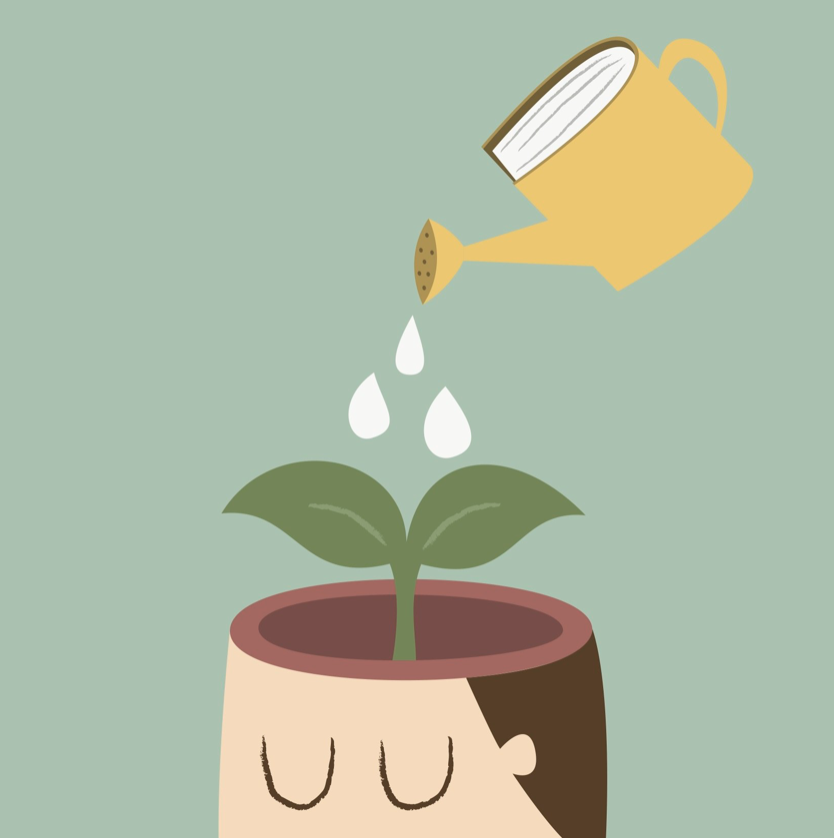
Blog
Young Scholars Academy is a virtual village that helps twice-exceptional & differently-wired students to feel seen, nurtured, and happy as heck through strength-based courses, camps, and community!
Most Popular Blogs
Whether you're a parent, educator, or simply passionate about supporting neurodivergent learners, this blog is your go-to resource for all things related to strength-based education and fostering a community of belonging.
Find Exactly What You’re Looking For
Categories
- #2eCommunity
- #2eKids
- #Neurodiversity
- #TwiceExceptional
- #YSAExperience
- 2e
- 2e education
- 3e
- 504
- IEP
- PDA
- Parenting
- adhd
- adulting
- advocacy
- alternative learning
- anxiety
- art
- assessments
- asynchrony
- autism
- back to school
- burnout
- college
- college readiness
- community
- cultural diversity
- dealing with overwhlem
- depre
- depression
- diagnosis
- diversity
- dungeons and dragons
- emotional support
- end of school year
- energy
- enrichment
- equity
- event
- executive function
- executive function skills
- expectations
- finishing strong
- gifted education
- giftedness
- goal setting
- gratitude
- growth
- happiness
- home

Creating Healthy Family Scripts When There’s No Manual
What do you do when your parent’s advice for raising your neurodivergent kiddo doesn’t work?
We learn a lot of things from our parents. We develop familial scripts, ways of talking and connecting that are often generational and unique to a family. Have you ever had the words your parents said to you fall out of your mouth?
What happens, though, when these scripts no longer work? We learn many things from our families, but even in the best of circumstances, what we learn may not fit the situation we have. We may not follow the cultural life scripts of our families. We may have children that no previous family script prepares us for.

Creating A Strength-Based Life With Intentions, Not Resolutions
Happy New Year! For many people, the new year means a chance to create a resolution. The thing is, resolutions can often include a lot of shame.
Intentions, on the other hand, are built on affirmations and goals. Instead of making a resolution this year, I invite you to set intentions around building strength-based opportunities in your child’s life.
Here are a few tips on setting intentions:
1. Focus on the present. When setting intentions, framing the intention in the present tense is important. Doing things you already believe you can do is way easier than trying to achieve something in which you doubt yourself...

How To Make This New Year Your Child’s Best Ever!
Real life can be really hard and raising a neurodivergent child certainly presents no shortage of challenges.
While our minds can often shift to the negative, it's important that we make a conscious effort to look for the positive. This doesn't always come easy and might take real work for you to get the hang of it, but it's worth it!
Just as you would want with your kids, our goal as adults is to aim to be strength-based and talent-focused as possible.
As we pivot into the New Year, this is an important time…

Rudolph The Twice-Exceptional Reindeer
I always know it's December when the flood of Christmas movies on TV swells to a tidal high. This year, I can't help but watch these classics through a different lens; a strength-based, positive psychology lens.
After watching the 1964 classic, Rudolph the Red-Nosed Reindeer, I can't help but feel like Rudolph is totally 2e!

When All the Pieces Fall
Once upon a September… I went through an intense depressive lull. For those of you who have depression or love someone who does, you know that it can be cyclical or seasonal.
Depression can look like a thousand things. My depression looked like a dark tide creeping in.
Once my depression hit, I felt like I was underwater. This was not a tide – it was a tsunami, and I could not catch my breath.
But depressive lulls, like tides, have an ebb and a flow.
The thing we can’t see in the middle of depression is that so many of the things we thought were broken or irreparably harmed are just...

Is Self-Diagnosis A Valid Diagnosis?
I remember a few years ago watching some YouTuber talk about their ADHD, and when I told my husband that “everyone feels like that,” he told me that no, in fact they do not. This was a lightbulb moment for me. Why was I resonating so much with all of the ADHD videos when I had never been diagnosed with it?
It was only recently when I sought my own diagnosis that I joined the bevy of late-diagnosed women, receiving an ADHD diagnosis in my 40s – and it all made so much sense. My life makes so much more sense now.
But what about all of those folks who didn’t go to the doctor and receive a medical diagnosis? Is their diagnosis valid?
Let’s go over some of the biggest myths around self-diagnosis out there:

Expert Tips On Supporting The Adults Who Support Your Child
We all know it takes a village to raise a child, but sometimes when our children are neurodivergent, the neurotypical village may not have the skills necessary to support our children.
Teachers, coaches, and neighbors are all part of our children’s lives, and these adults often create the framework through which our children.
If you've been wondering how you can better support your child,
here are some Expert Tips On How To Support Adults In Better Supporting Your Child:

Sensory-Friendly Halloween: Navigating Costumes And Parties With 2e Children
When my kids were younger, I often spent many, many hours creating costumes. I didn’t always create every costume (spiderman costumes are always easier to buy!), but I love dressing up, and I love Halloween and fall festivals and trick or treating. However, having 3 neurodivergent kids with heightened sensitivities means that we navigate the world differently than our neurotypical friends. Here are a few tips and tricks I picked up through the years.

What To Do When Your Child Is Twice-Exceptional
Parents come to the realization that their child might be twice-exceptional (2e) through several different paths…
Many parents find out they have a twice-exceptional child with this incredibly unique profile and then you find yourself saying, “Ok, now what?”
Here are a few tips to make sure you are fully supporting your twice-exceptional child...

2E Goes to College
From starting college while still in high school, to taking space and time or joining the workforce directly, there are a wide variety of ways that learners transition from one stage to the next. We have a few tips for our parents of college-level learners.
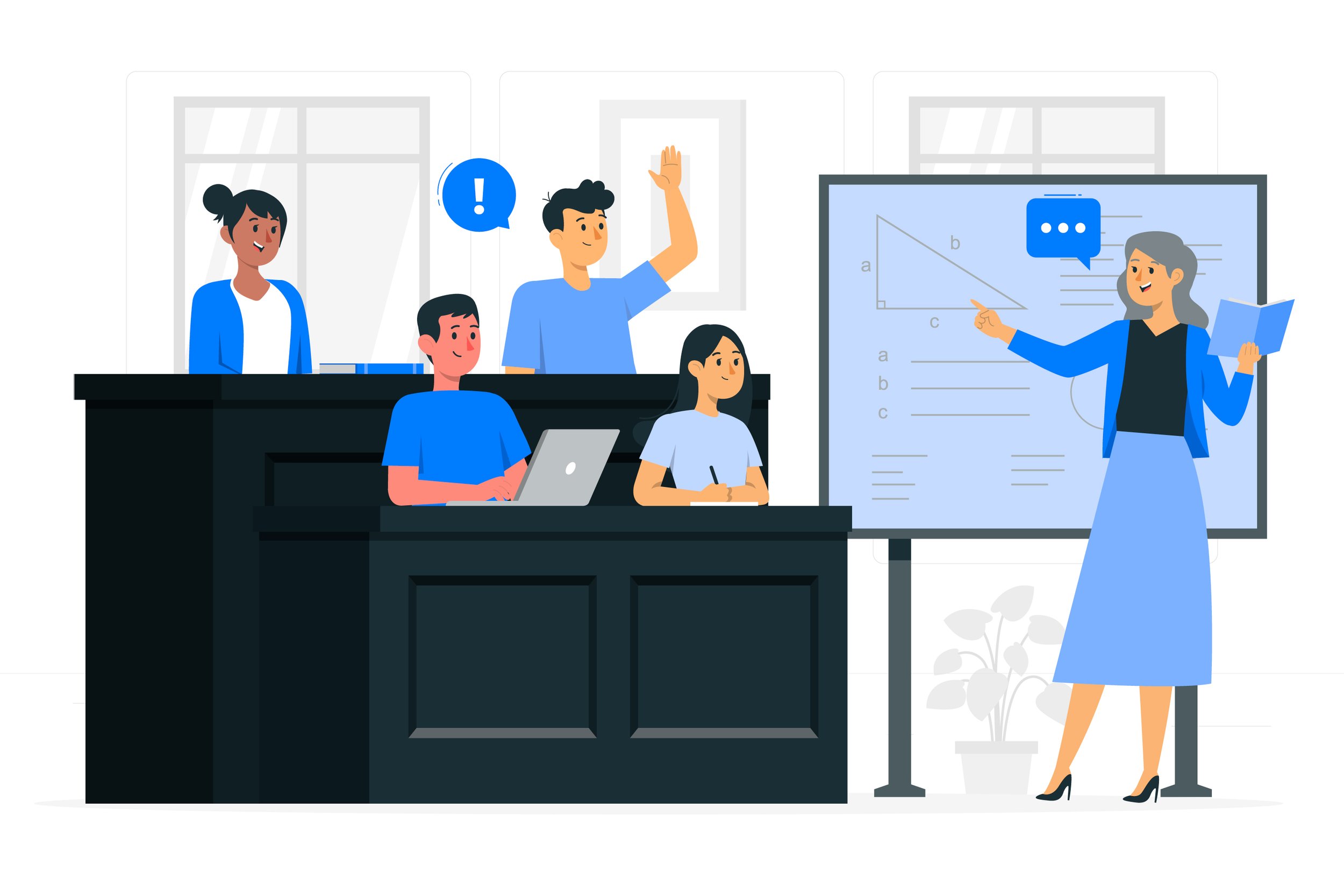
Classes Starting- Here’s What You Can Expect 🎆
I love the beginning of the year. It’s always so full of promise. It’s exciting, and sometimes a little nerve-wracking! As a parent, my first school week is best categorized by running about 5 minutes late to EVERYTHING and at least one drive-through meal because I forgot how long it takes to get somewhere. Many of our 2e kiddos need more support starting something new. The unknown can feel so anxiety-provoking!
Do you know what helps me most with difficult transitions? Knowing exactly what to expect!
In hopes that this will help your family, too, we want to make sure you know exactly what happens from the moment that you register for class to the beginning of the course.

FALL IS HERE!
Fall is Here!
That Means: Back to School, Autumn Foliage, Apple Pie and….A BRAND NEW SEMESTER HERE AT YSA!!
Yes! You read that right! Young Scholars Academy is thrilled to welcome your family back for the Fall Semester!
Click here to see all the courses we’re offering to make your family’s fall semester the best one yet!
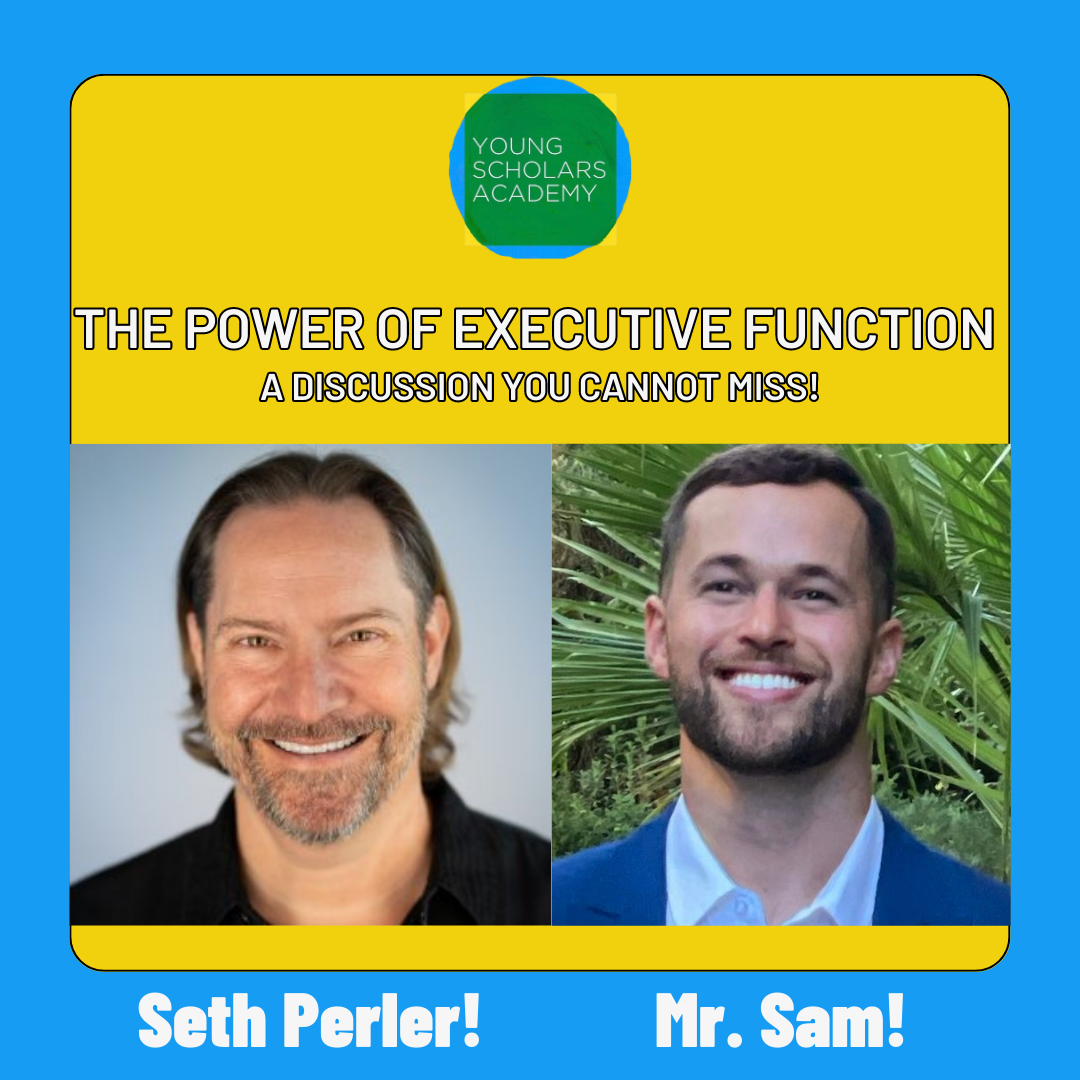
Where Is The “Fun” In Executive Function?
I have many strengths, but like many other folks with ADHD, I have a thousand good ideas in my brain that swim around until they starve slowly from lack of care and feeding or burrow so deeply into my skull that I can think of nothing else until I start, and then abandon yet another mostly finished project. I know I’m not alone in this, because I also have three children who have joined me in this ADHD journey. Executive function is not fun for me, it’s not super fun for my kids, and I think it’s not so fun for my husband who is often the frontal cortex of our family.
So, what is executive function and why should we care?

How A Strength-Based School Year Will Change Your Child’s Life!
As the school year begins, it can be tempting to look back at the past year and only focus on the trials, tribulations, and turmoil.
Real life can be really hard and raising a neurodivergent child certainly presents no shortage of challenges.
While our minds can often shift to the negative, it's important that we make a conscious effort to look for the positive. This doesn't always come easy and might take real work for you to get the hang of it, but it's worth it!
Just as you would want with your kids, our goal as adults is to aim to be strength-based and talent-focused as possible.

Welcome to Our Home- Open House
Find out why YSA is a home to so many twice-exceptional students. Learn about our Open House and how it provides access to our mentors and courses in a new way.
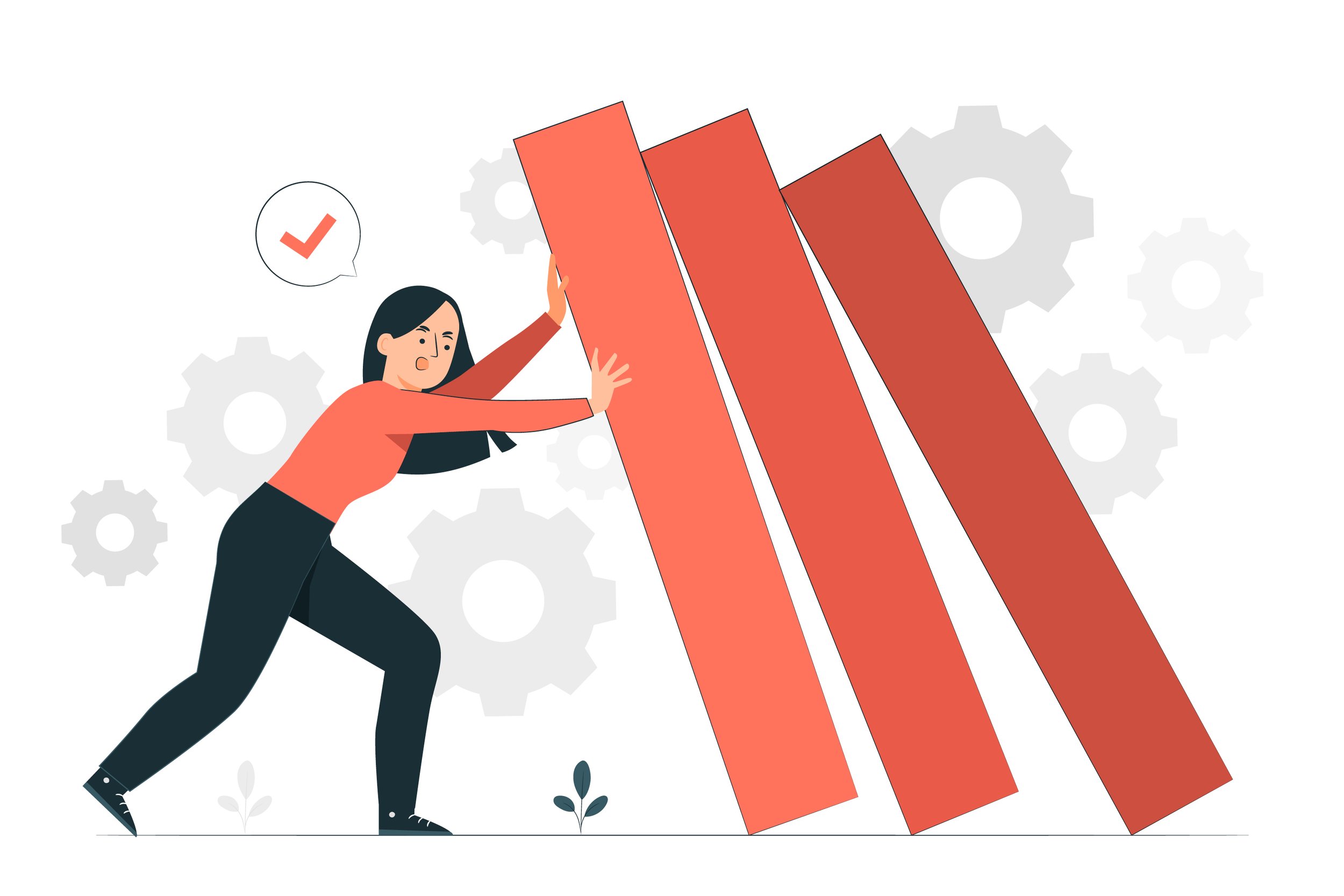
Creating a Climate of Resilience
Resilience is the ability to bounce back after adversity, and let’s face it, we have all faced some adversity lately. Teaching children resilience is a hot topic right now as we are all learning to navigate a post-pandemic world. The trouble is that we often go about this in a less-than-ideal way.
When we talk about children and resilience, the focus tends to be on what parents and teachers can do to “build” this skill in children. Instead of the traditional approach, maybe the question is not so much how to help children build resilience, but are we creating the right climate in which it can grow?

The Most Overlooked Support for 2e/Gifted Students: Acceleration
Twice-exceptional students are often denied access to accelerated learning paths because of their learning differences, especially in traditional school environments. If this sounds like your learner, don’t fret: There are many paths to help your accelerated learner access appropriately leveled materials outside of the traditional path. We’ve gathered a few ideas to help your 2e learner access accelerated materials.

Kids Who Shine – Helping Children Avoid Burnout: Part 2
Every year, businesses spend millions of dollars trying to apply the best practices and newest research into employee productivity, far more than education dollars spent on children and burnout.
There is so much research out there on the things adults can do to avoid burnout in their professional lives. We are applying some of that hard-earned research to help our children thrive.
Each of the steps on the Path to Shine includes strategies to help your child build resilience and avoid burnout. This week, we’ll cover the last four steps….
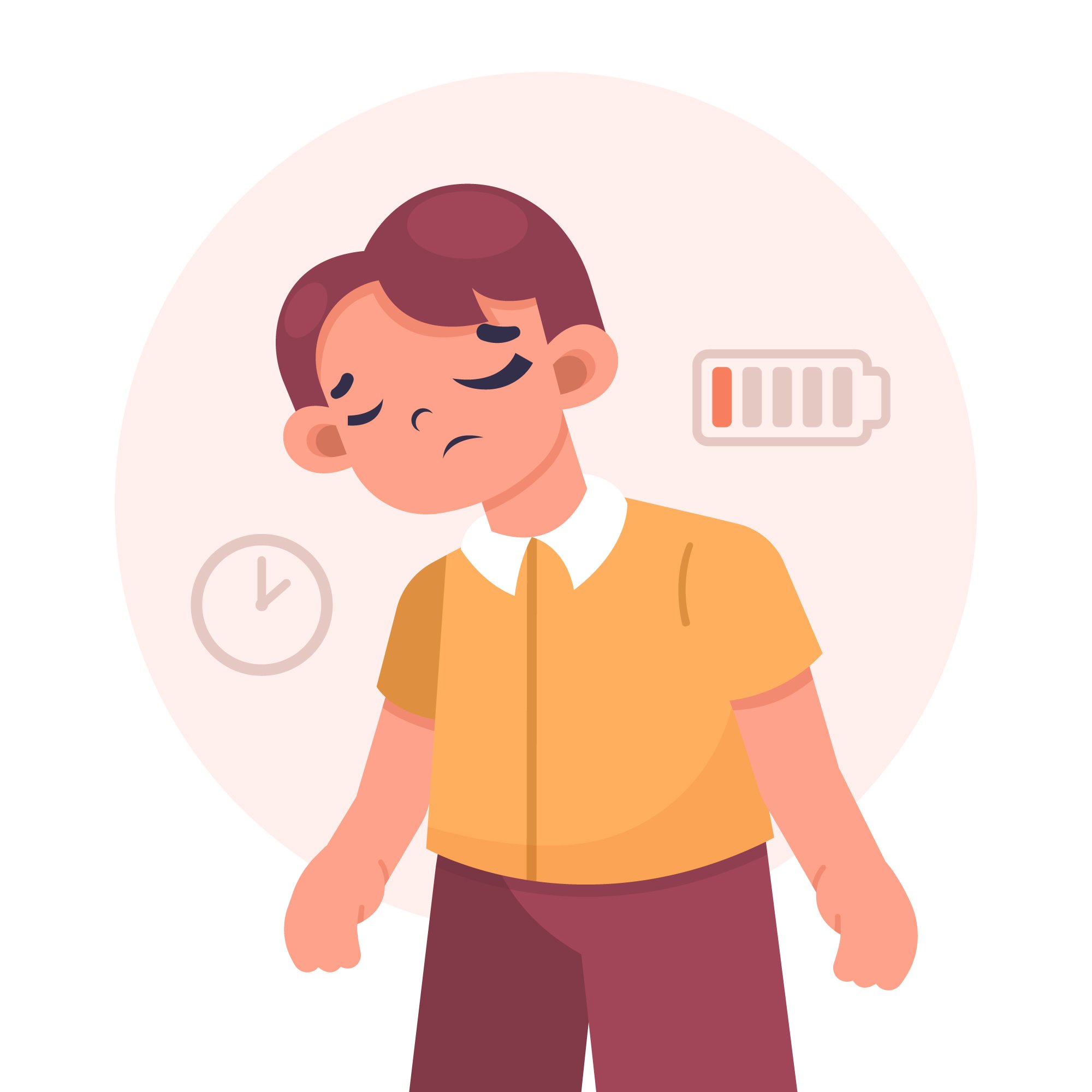
Kids Who Shine – Helping Children Avoid Burnout
Burnout is work-related stress that looks like mental exhaustion and a general lack of motivation. While there is a ton of research around burnout for adults, I can’t help but draw parallels to so many of our 2e kiddos.
How many children (especially 2e kids) start this path to burnout before they even enter high school or college?
Is our education model, full of perfection and tedium, actually training kids to grow up into adults that are primed for burnout? And most importantly…

6 Proven Study Strategies To Take Studying To The Next Level!
We all want to maximize our child’s learning and help them to achieve. The thing is, studying is a skill in and of itself that often gets rushed over.
Studying is not one size fits all! In fact, it’s more like a Frankenstein thing that we build over time as we’re exposed to different systems.
One of the biggest hurdles is that there are countless study methods and techniques available and it can be challenging to determine which ones are effective.

Get Guidance, Validation, and Support
Right to your inbox!
Simply tell us where to send it:








